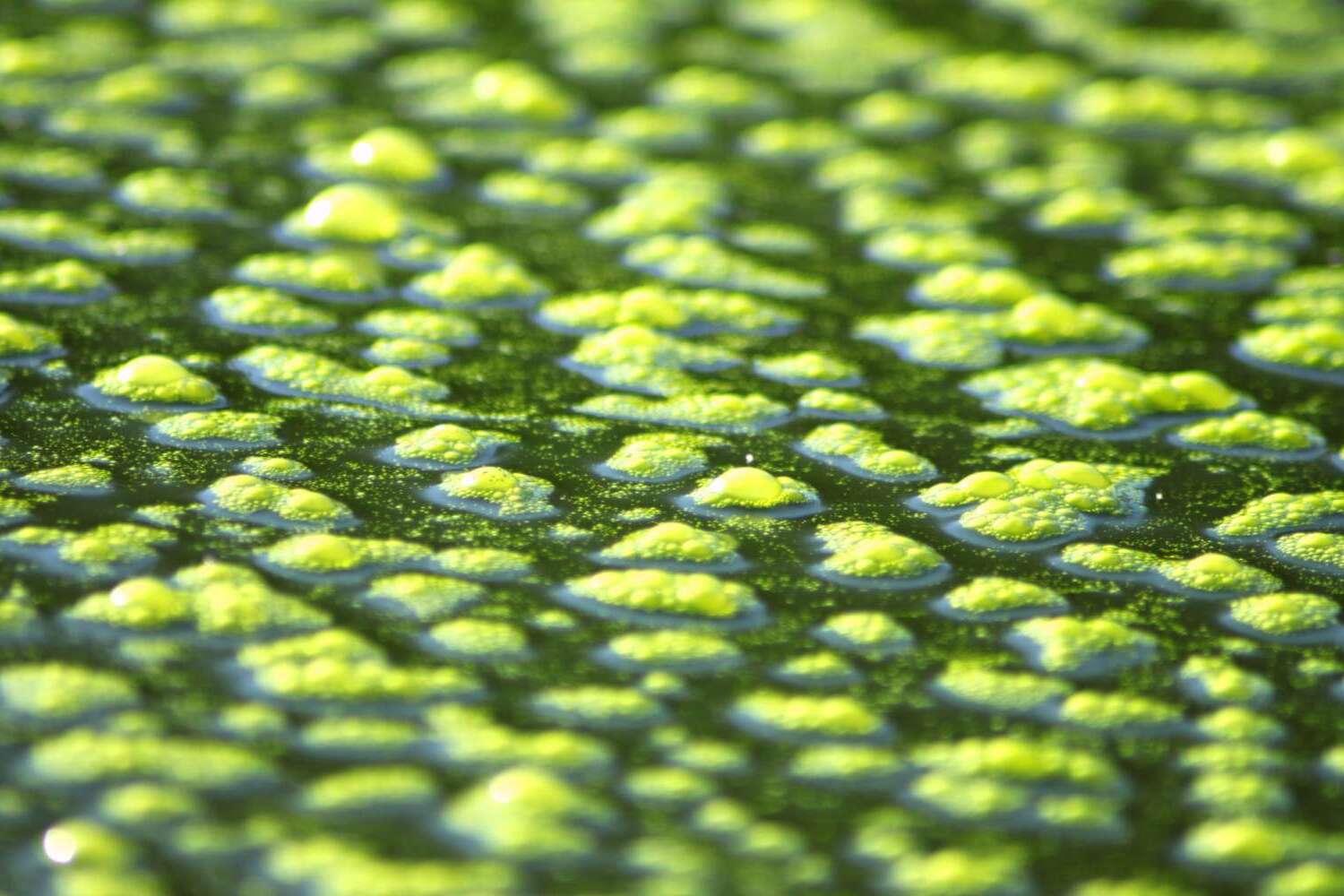
Ever wondered about the slimy green stuff that clings to rocks and floats in the ocean? Yep, I'm talking about algae, and believe it or not, these little guys are more fascinating than you might think. Did you know that algae produce a huge chunk of the Earth's oxygen? That's right, these often overlooked organisms play a crucial role in our planet's ecosystem. From powering ecosystems to potentially fueling our cars, algae are full of surprises. So, why should you care about these green wonders? Well, buckle up, because we're about to dive into a world where algae are not just pond scum, but unsung heroes of the natural world and potential stars of green technology. Get ready to have your mind blown with 20 algae facts that'll make you see this aquatic plant in a whole new light.
Key Takeaways:
- Algae are diverse, colorful, and essential for the environment. They produce oxygen, filter water, and offer surprising uses in industries and health benefits for humans.
- Despite challenges, algae hold promise for the future. They can be used for biofuels, food, and sustainable packaging, contributing to a greener, healthier planet.
What Are Algae?
Algae are fascinating organisms that play a crucial role in aquatic ecosystems. Unlike plants, many types of algae do not have roots, stems, or leaves. They range from single-celled microalgae, like phytoplankton, to large seaweeds, such as kelp, which can grow up to 50 meters in length. Algae are primary producers, meaning they produce their own food through photosynthesis and serve as a foundational food source for many marine creatures.
-
Algae produce a significant portion of the Earth's oxygen. In fact, marine algae are responsible for more than half of the oxygen we breathe.
-
Not all algae are green. They can come in a variety of colors including red, brown, and even blue, depending on the type of pigments they contain.
Algae's Role in the Environment
Algae play a pivotal role in their environments, not just as food sources but also in the balance of marine and freshwater ecosystems.
-
Algae are key players in carbon fixation. They absorb carbon dioxide from the atmosphere, helping to mitigate climate change.
-
Some algae species can bloom excessively, a phenomenon known as an algal bloom. While natural, these blooms can sometimes be harmful to aquatic life and humans due to the toxins some algae produce.
-
Algae serve as natural biofilters in aquatic systems, removing pollutants and heavy metals from water.
Surprising Uses of Algae
Beyond their environmental roles, algae have surprising applications in various industries, from biofuel production to skincare.
-
Algae are used in the production of biofuels. Certain types of algae can be processed into biodiesel and other renewable forms of energy.
-
The cosmetics industry utilizes algae for their hydrating, antioxidant, and anti-aging properties. Algae extracts are common in moisturizers, serums, and face masks.
-
Algae are a source of agar and carrageenan, thickening agents used in food products like ice cream, jelly, and vegan alternatives to gelatin.
Health Benefits of Algae
Algae are not just beneficial to the environment or as industrial raw materials; they also offer numerous health benefits.
-
Algae are rich in nutrients, including protein, vitamins (especially vitamin A and D), minerals, and omega-3 fatty acids, making them a superfood.
-
Spirulina and chlorella, two types of microalgae, are popular dietary supplements known for their detoxifying properties and nutrient density.
-
Regular consumption of algae can improve heart health by reducing cholesterol levels and blood pressure.
Algae in the Food Industry
Algae have made their way into our diets in more ways than one might expect, offering both nutrition and flavor.
-
Algae are a staple in many Asian cuisines, used in dishes like sushi, soups, and salads.
-
Algae oil is gaining popularity as a cooking oil due to its high smoke point and health benefits, including a high content of omega-3 fatty acids.
-
Edible seaweeds are a sustainable food source, requiring no freshwater, fertilizers, or land to grow, making them an eco-friendly choice for future food security.
Challenges and Future of Algae
While algae have immense potential, there are challenges to their widespread adoption and use.
-
One of the main challenges in algae cultivation is the high cost of production, particularly for biofuel applications.
-
Climate change poses a threat to natural algae populations, affecting their growth patterns and the ecosystems that depend on them.
-
Research and innovation in algae technology continue to grow, promising more efficient ways to harness algae's benefits for energy, food, and environmental sustainability.
-
Algae-based packaging is an emerging field, offering biodegradable alternatives to plastic that reduce pollution and reliance on fossil fuels.
-
Algae farming can improve water quality by absorbing excess nutrients from runoff, thus preventing harmful algal blooms in natural water bodies.
-
As interest in sustainable and plant-based products grows, algae are set to play a more significant role in our diets, energy production, and environmental protection efforts.
A Final Scoop on Algae
Algae, these simple yet fascinating organisms, play a crucial role in our planet's ecosystems. From producing a significant portion of Earth's oxygen to being a key component in various industries, their impact is vast and varied. They're not just pond scum or the annoying green film on a neglected pool; they're powerhouses of energy and nutrients that support a wide range of life forms. Whether it's their role in combating climate change or their potential in biotechnology, algae offer a glimpse into a sustainable future. Understanding these facts about algae opens up a world of appreciation for these often-overlooked organisms. They're a testament to nature's simplicity and complexity, all wrapped in one. So next time you spot that green tint in the water, remember, you're looking at a vital player in our planet's health and well-being.
Frequently Asked Questions
Was this page helpful?
Our commitment to delivering trustworthy and engaging content is at the heart of what we do. Each fact on our site is contributed by real users like you, bringing a wealth of diverse insights and information. To ensure the highest standards of accuracy and reliability, our dedicated editors meticulously review each submission. This process guarantees that the facts we share are not only fascinating but also credible. Trust in our commitment to quality and authenticity as you explore and learn with us.


